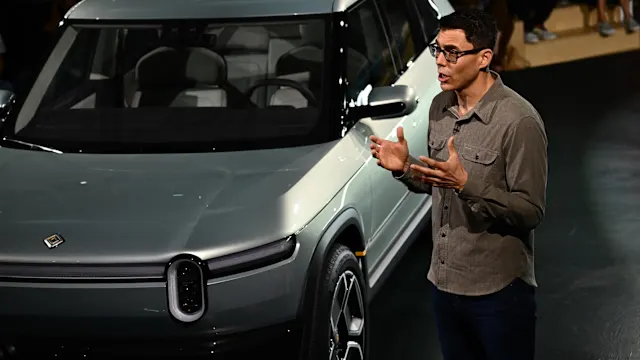Massive, abrupt, and controversial policy shifts — many of which targeted eco-conscious initiatives — rattled and disoriented Americans throughout 2025.
These changes have been touted as business-friendly to a fault, prompting one electric vehicle manufacturer’s CEO to vocally question the wisdom of zapping policies designed to encourage EV adoption and reduce planet-warming emissions, according to Business Insider.
When the current administration swept into Washington, D.C., in January, executive orders targeting electric vehicles and energy efficiency in general were issued before the month was out — despite the early, hands-on involvement of Tesla CEO Elon Musk.
In an Aug. 3 article, the New York Times put it simply: «Washington has become hostile to electric cars.»
RJ Scaringe, the founder and CEO of electric vehicle maker Rivian, recently sat down to discuss the government’s steps back on EVs and energy efficiency for the podcast Inside EVs.
Scaringe addressed «why America needs more great electric cars,» as the episode’s description put it, along with how Chinese EVs might roil the market and what the U.S. government might hope to achieve in its efforts to undermine the adoption of electric cars.
Scaringe was understandably flummoxed by what he called a «reprioritization of capital toward internal combustion,» a fancy way of describing efforts to reallocate spending, diverting it away from clean energy and EV infrastructure.
Business leaders are acutely aware that the United States doesn’t exist in a vacuum, and that the global market will move forward regardless of policies designed to stifle progress.
Rivian’s CEO admitted that things he «never thought would happen a year ago are happening now» after several years of rapid progress on the electrification front.
Prominent automakers like Ford have signaled plans to continue investing in and adapting to EVs, but Scaringe pointed to the global automotive sales trade’s trend and expressed concerns that the United States would be left behind.
«It blows my mind this is happening. But nonetheless, it is,» Scaringe said during his visit to the podcast. However, he appeared to spot at least one silver lining in the stripping of electric vehicle subsidies.
«You’re going to have a sort of a vacuum of competition. The pure-play EV-focused companies — Rivian, Tesla, there’s not very many — because they’re completely and fully focused on electrification will have the advantage of a pretty thin competitive playing field,» he observed.
Scaringe further expressed hope that the introduction of broader, more affordable EV options would «draw in the other 92% of buyers who aren’t buying electric today.»
